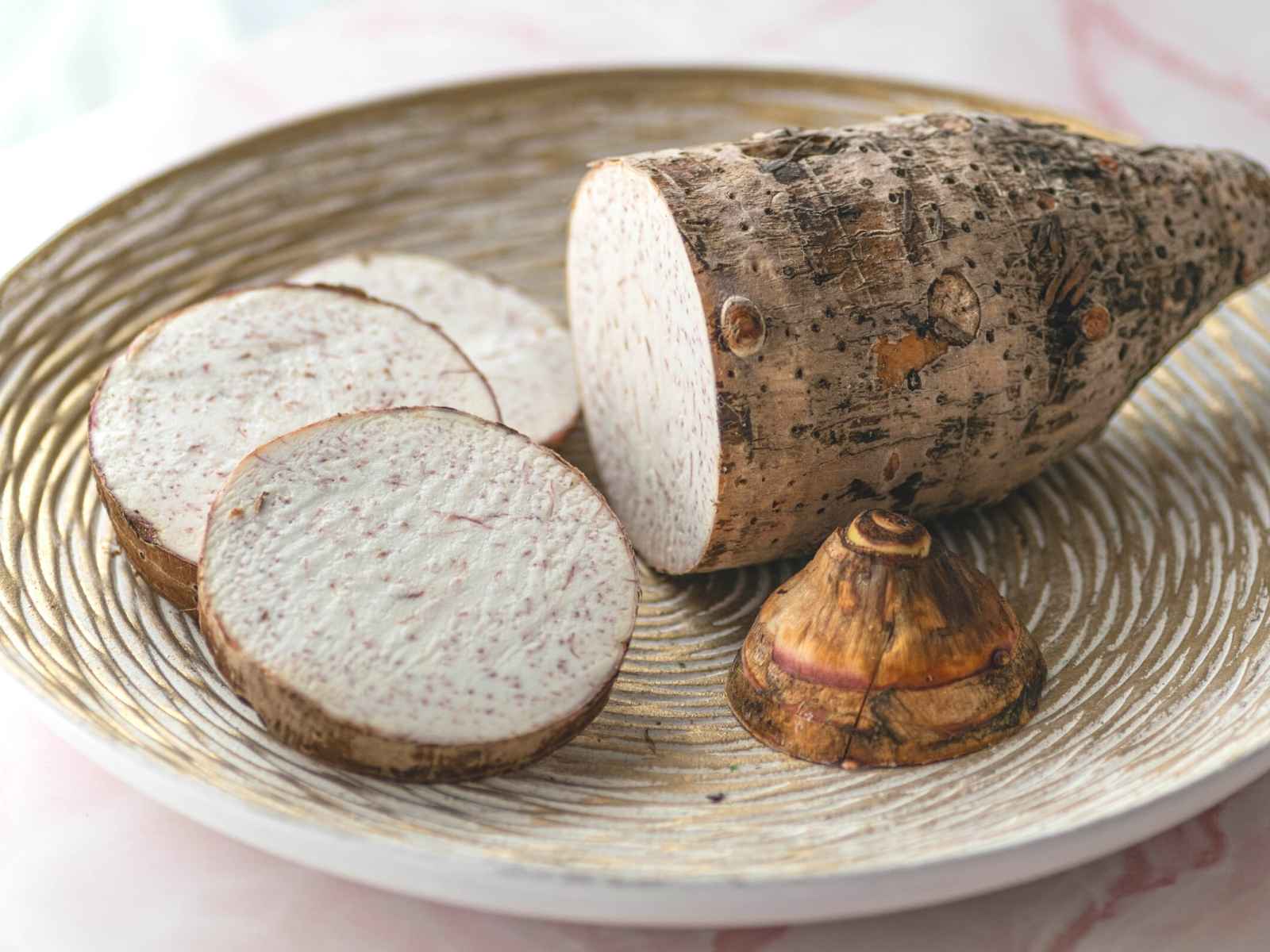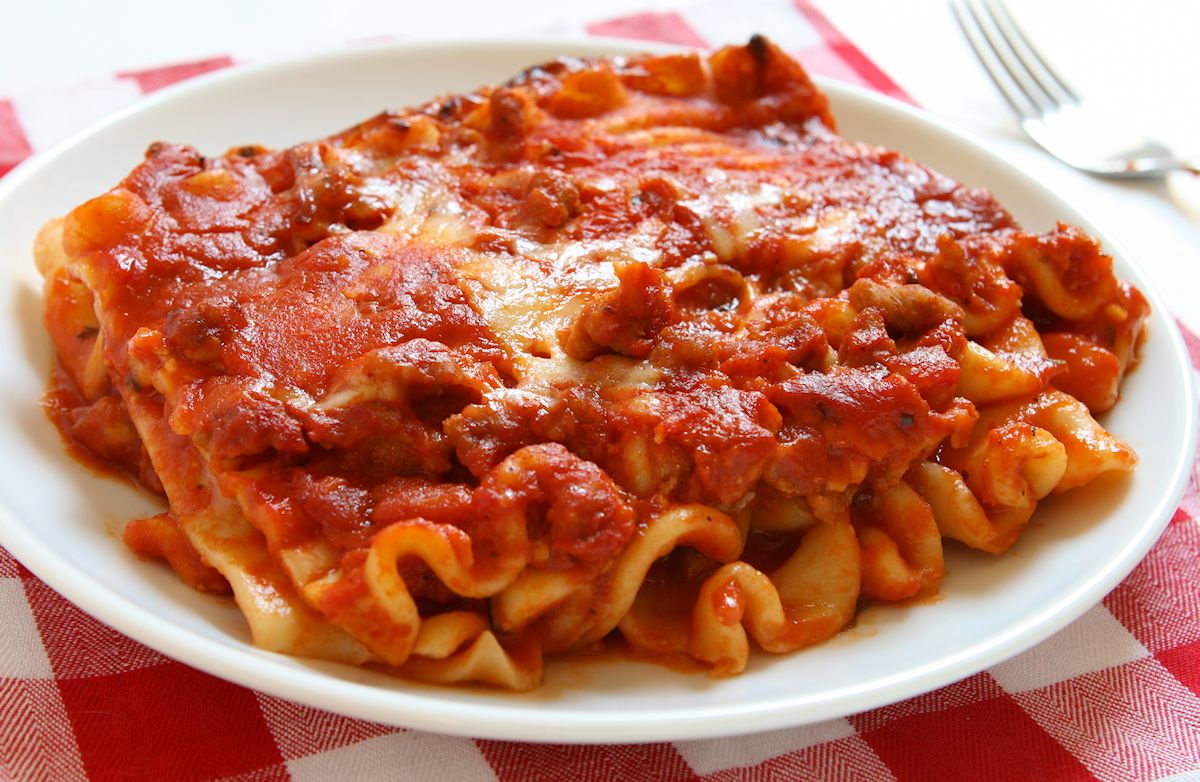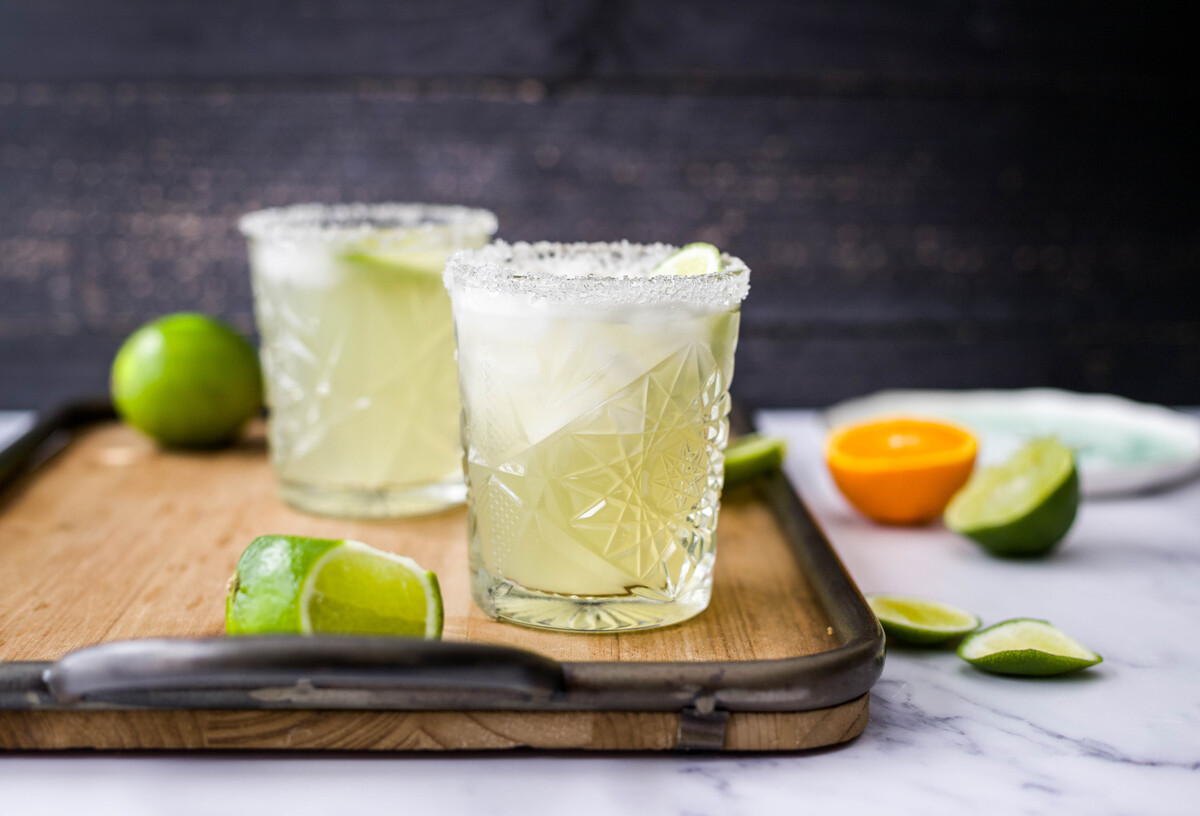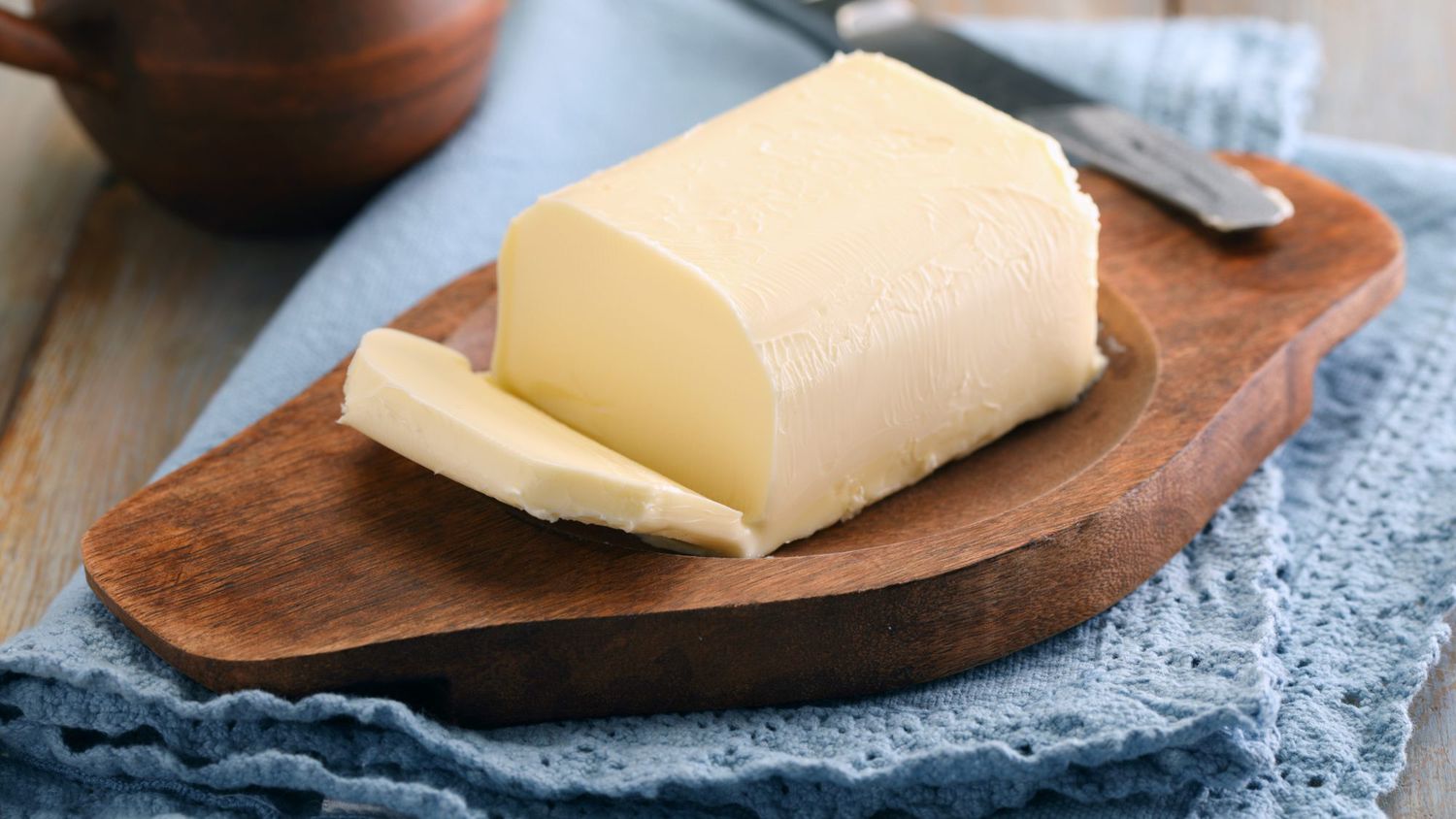When it comes to cooking and enjoying a warm, comforting meal, soup and broth are two popular options that often get confused. While they may seem similar, there are some key differences between the two. In this article, we'll explore the distinctions between soup and broth, helping you understand when to use each and how they differ in terms of flavor and texture.
What Is Broth?
Broth is a flavorful liquid that is typically made by simmering meat, bones, and vegetables in water. The ingredients are strained out, leaving behind a clear, savory liquid. Broth is often used as a base for soups, stews, and sauces, adding depth of flavor to a variety of dishes.
What Is Soup?
Soup, on the other hand, is a more substantial dish that typically contains a combination of broth, meat, vegetables, and other ingredients. Unlike broth, which is primarily a liquid, soup is a complete meal in itself. It can be thick or thin, chunky or smooth, and can be served as an appetizer, main course, or even a light snack.
Key Differences
Now that we have a basic understanding of what broth and soup are, let's delve into the key differences between the two:
-
Ingredients: Broth is made by simmering meat, bones, and vegetables in water, while soup contains a variety of ingredients such as meat, vegetables, grains, and legumes, in addition to the broth.
-
Texture: Broth is a clear, thin liquid, while soup can have a thicker, heartier texture, depending on the ingredients used.
-
Usage: Broth is often used as a base for other dishes, while soup is a standalone dish that can be enjoyed on its own.
-
Versatility: Broth is a versatile cooking ingredient, used in a wide range of recipes, while soup is a complete meal that can be customized to suit different tastes and dietary preferences.
Flavor Profiles
Another important distinction between broth and soup is their flavor profiles. Broth is known for its rich, savory taste, derived from the slow simmering of meat, bones, and vegetables. On the other hand, soup can have a wide range of flavors, depending on the ingredients used. From hearty and comforting to light and refreshing, soups can be tailored to suit any palate.
When to Use Each
So, when should you use broth and when should you opt for soup? Here are some guidelines to help you decide:
-
Broth: Use broth as a base for sauces, gravies, and other dishes that require a rich, savory flavor. It can also be enjoyed on its own as a light, nourishing beverage.
-
Soup: Enjoy soup as a complete meal, whether you're craving a hearty stew, a light vegetable soup, or a creamy bisque. Soup is a versatile dish that can be customized to suit any occasion.
In conclusion, while broth and soup may seem similar at first glance, they serve different culinary purposes and offer distinct flavors and textures. Whether you're simmering a pot of broth to use in various recipes or crafting a comforting bowl of soup to enjoy on a chilly evening, understanding the differences between the two can elevate your cooking and dining experiences.
Was this page helpful?
Read Next: What Is Tomato Concentrate?











